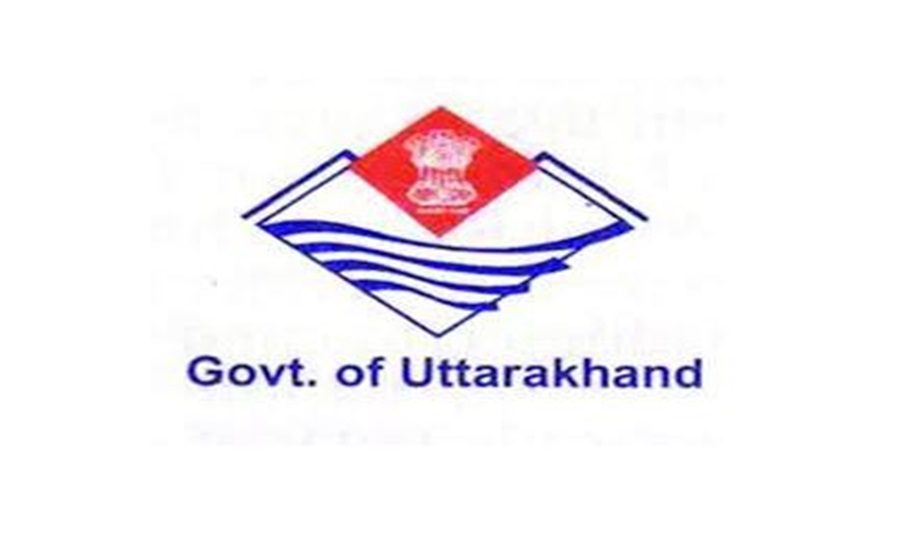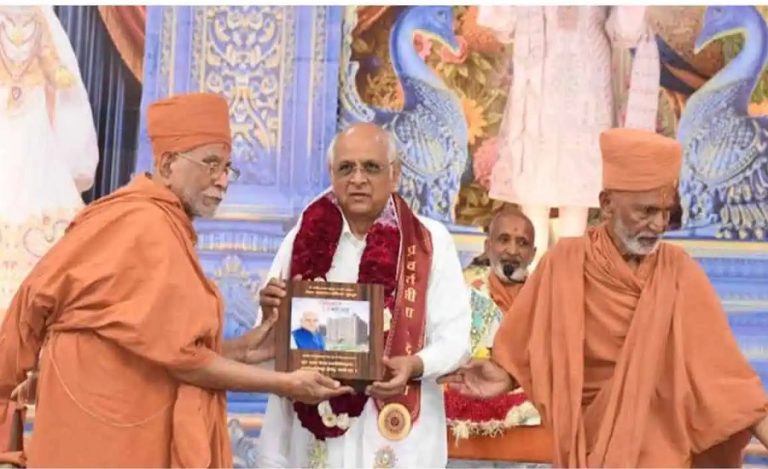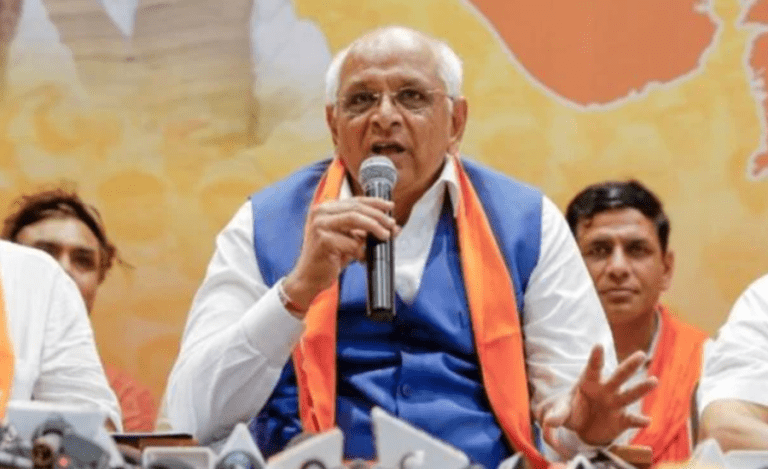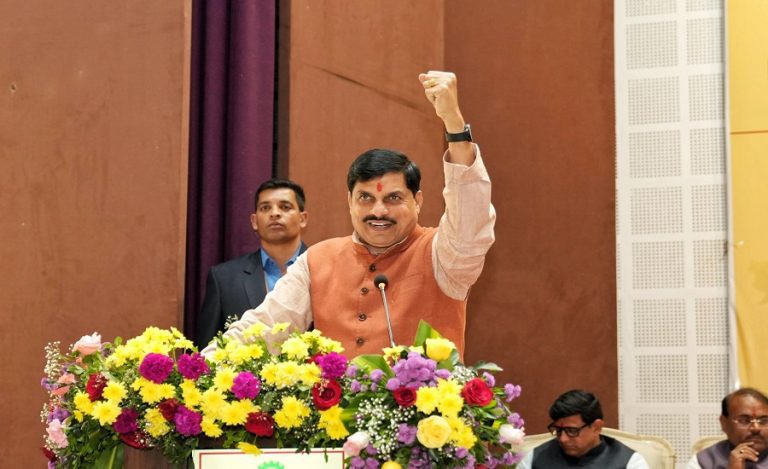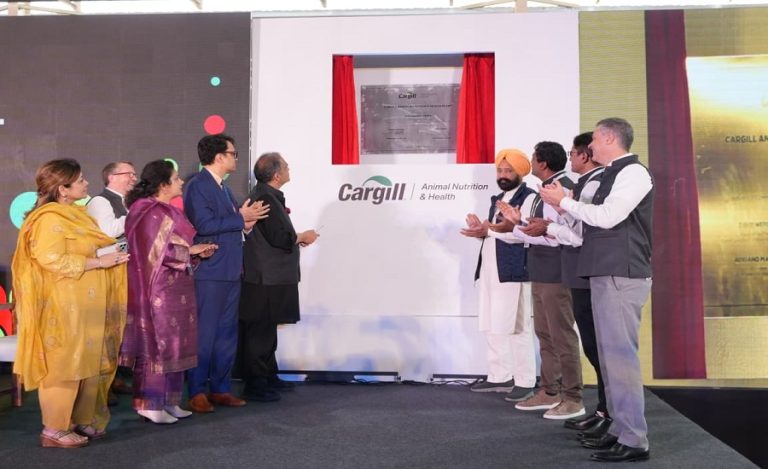Dehradun: For the first time in Uttarakhand’s bureaucratic history, the state administration has gone over a month without reallocating critical departments left vacant after the retirement of Chief Secretary Radha Raturi and the promotion of Anand Vardhan to the top post. The resulting vacuum is beginning to stall governance, delay policy execution, and clog decision-making across multiple departments.
Radha Raturi, whose extended tenure ended on March 31, 2025, held several significant roles in addition to being Chief Secretary—including Chairperson of the Energy Corporation, Investment Commissioner, and Local Commissioner. None of these high-stakes positions have been reassigned yet, leaving them on what officials describe as “auto-pilot mode.” Key decisions requiring the chairman’s sign-off are now on hold, and files are reportedly piling up across departments. Even Energy Corporation board meetings are being led by the Energy Secretary, but decisions from these meetings await final approval by an officially appointed chairman.
Meanwhile, Anand Vardhan, before his elevation to Chief Secretary, was already handling an extensive portfolio. He continues to retain key departments such as Personnel, Vigilance, Finance, Jalagam (Water Resources), Agriculture Production, and more. Despite his promotion, new secretaries or principal secretaries have not been appointed for these departments either. Crucial roles like Chief Project Director of Jalagam and Chairman of the Revenue Council remain under Vardhan’s oversight, stretching the top bureaucrat thin and slowing departmental operations.
Sources within the secretariat confirm that even minor files in the Personnel Department are still reaching Anand Vardhan’s table, indicating a lack of effective delegation. For instance, Special Secretary Parag Madhukar Dhakate, currently posted in the Water Resources Department, has been unable to handle files at the government level due to the absence of clearly demarcated responsibilities.
Observers point out that while transitional delays are common, the current makeshift arrangement is starting to paralyze administrative efficiency. “The state cannot afford to keep vital departments leaderless. Governance is suffering, and the bureaucracy is stretched,” said a senior official on condition of anonymity.
As files continue to stagnate and inter-departmental coordination suffers, all eyes are on the state government to expedite the long-overdue division of departments. Until then, the administrative machinery in Uttarakhand will likely continue running in slow motion.

